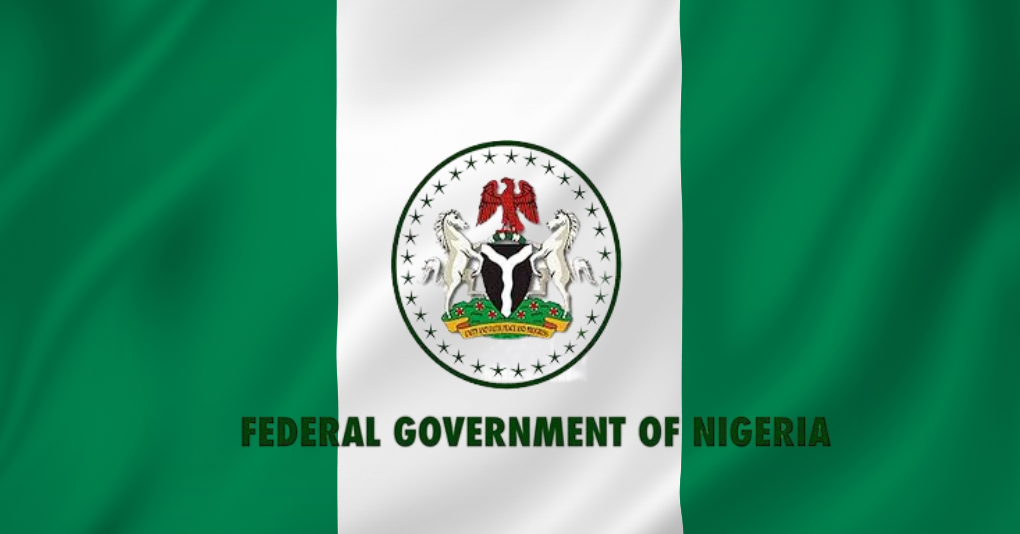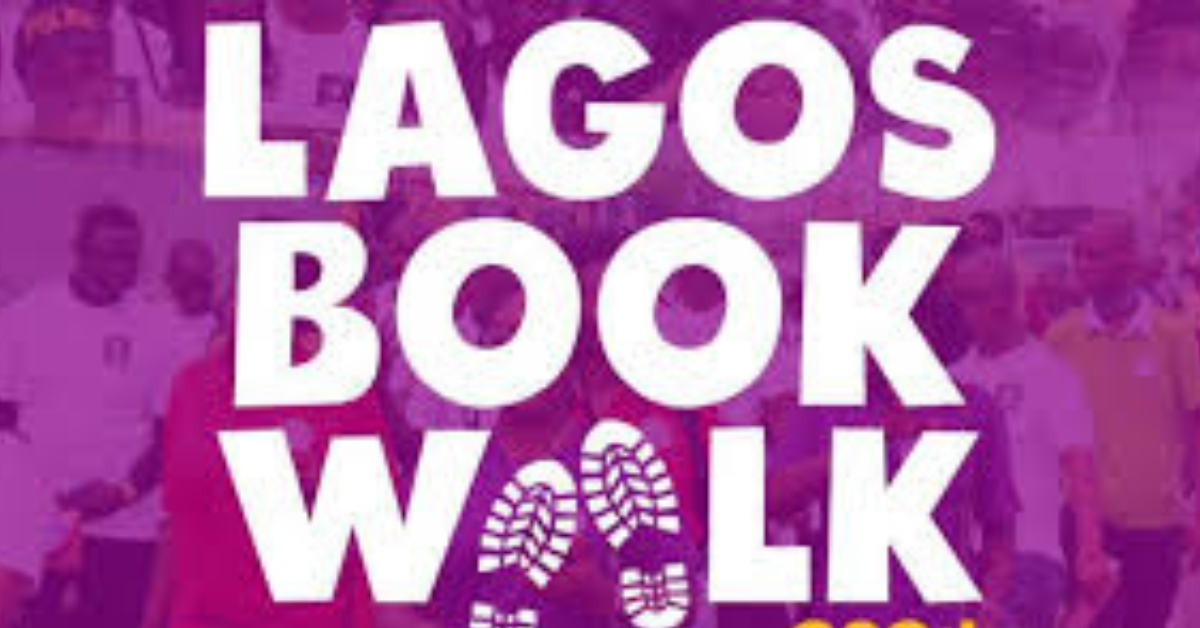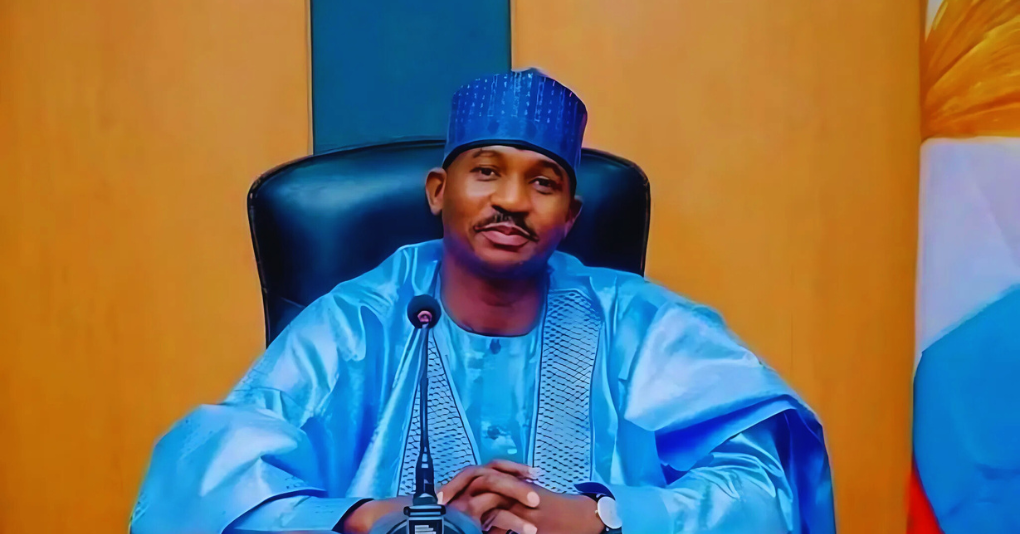The Federal Government is conducting a comprehensive mapping exercise to identify those who are out of school or non-literate across the country, Minister of State for Education, Prof. Suwaiba Ahmad, has said.
The minister said that with the data, the government would be able to enrol millions into literacy programmes that are relevant, inclusive, and empowering.
Ahmad spoke at a ministerial press briefing to mark the 58th International Literacy Day with the theme: “Promoting Literacy in a Digital Era.”
She said: “As a nation, we recognise that literacy is the foundation of development. That is why the Federal Ministry of Education, under the Renewed Hope Agenda of President Bola Tinubu, is taking bold steps to expand access to literacy for all Nigerians, especially our youths and adults aged 15 and above.
“Right now, across the country, we are conducting a comprehensive mapping exercise to identify those who are out of school or non-literate. With this data, we will be able to enrol millions into literacy programmes that are relevant, inclusive, and empowering.
“We are also embracing the digital age. From mobile learning platforms to radio and television programmes, we are using technology to reach learners wherever they are in cities, villages, IDP camps, and remote communities. We are working with partners to adapt proven models like Cuba’s “Yes, I Can” to our local context, ensuring that literacy is not just taught, but lived.”
The minister called on development partners, civil society organisations, traditional leaders, and the private sector to join in achieving these goals.
“Literacy is not just the responsibility of the government. It is a shared mission. Together, we can build a Nigeria where every citizen has the tools to succeed in a digital world,” the minister added.
Also speaking, Acting Executive Secretary, National Commission for Mass Literacy, Adult and Non-Formal Education (NMEC), Dr John Onimisi, said that the agency has enrolled over 27,000 youths and adult learners, aged 15 and above, into literacy and empowerment programmes in the Abuja Municipal Area Council (AMAC).
He said: “These learners come from vibrant communities like Apo Mechanic Village, Karonmajigi, Lugbe, Dogongada, Apo Resettlement, Gwarinpa, Kubwa Village, Mararaba, Kurudu, and Gwagwalada. We set out with a modest goal, and we have already surpassed it. But we are not stopping here.
“In the days ahead, we’ll be expanding this initiative to 377 local council areas across all 36 states and the Federal Capital Territory (FCT), and through our 17 community learning centres, we are going to reach thousands more. In all, we are embracing digital tools such as radio, TV, and mobile apps to make learning more accessible, more flexible, and more relevant to people’s lives.”
Share this post





Be the first to comment on this post